Google just confirmed a big shift for Android
Google executive confirms Chrome OS is being combined into a single platform for all devices
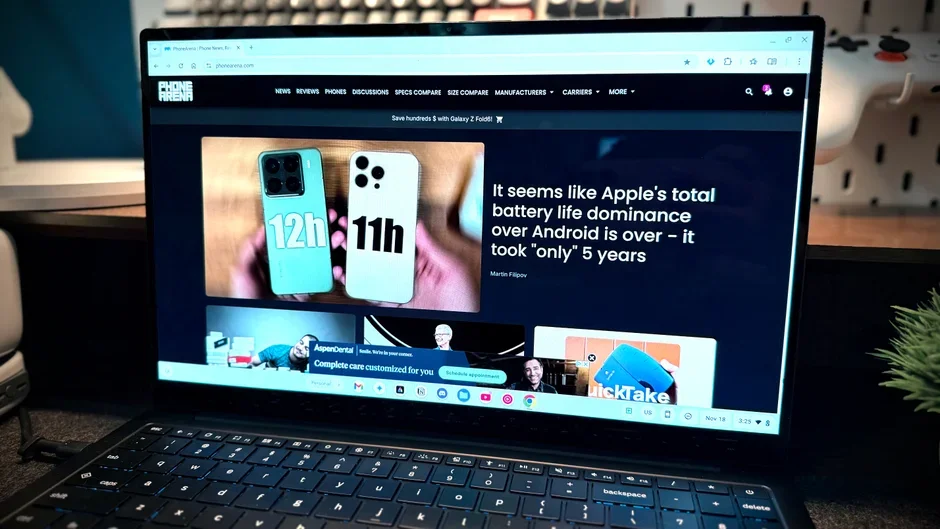
Google has officially confirmed its plan to merge Chrome OS and Android into a unified platform, marking a major shift in the company’s software strategy. The announcement came from Sameer Samat, President of Android ecosystem at Google, during a conversation with TechRadar at a recent media event.
Samat reportedly asked a journalist why they were using an Apple Watch, iPhone, and MacBook. When pressed for context, he responded:
This offhand remark appears to be the first public confirmation of Google's long-rumored initiative. According to prior reporting, including a November story we covered here, Google is not building an entirely new operating system from scratch. Instead, the company is planning to migrate Chrome OS features and functionality directly into Android.
That means Android is expected to take the lead as the core system, with Chrome OS components integrated into it over time. This approach allows Google to unify its efforts without forcing a complete reinvention, while also aligning with Android’s recent push toward improving its large-screen experience.
In fact, Android has already started evolving in this direction. Google has introduced a range of updates specifically aimed at enhancing productivity on tablets and laptops. These include a proper desktop mode, windowed multitasking, better support for external displays, and improved app behavior on large screens.
Samat’s interest in how users engage with laptops today suggests the project is still in development, with user feedback likely playing a role in shaping the final result. While the executive did not share any release timelines or product roadmaps, his statement indicates that work is already underway behind the scenes.
The potential merger could also put Google in a stronger position to compete with Apple’s iPadOS and macOS ecosystem, especially for users who switch between devices or want continuity across phones, tablets, and laptops. By creating a more seamless and consistent experience across form factors, Google may aim to address one of Android's long-standing challenges: fragmentation between platforms.
I asked because we’re going to be combining Chrome OS and Android into a single platform, and I am very interested in how people are using their laptops these days and what they’re getting done.
— Sameer Samat, President of Android ecosystem at Google.
That means Android is expected to take the lead as the core system, with Chrome OS components integrated into it over time. This approach allows Google to unify its efforts without forcing a complete reinvention, while also aligning with Android’s recent push toward improving its large-screen experience.
Samat’s interest in how users engage with laptops today suggests the project is still in development, with user feedback likely playing a role in shaping the final result. While the executive did not share any release timelines or product roadmaps, his statement indicates that work is already underway behind the scenes.
The potential merger could also put Google in a stronger position to compete with Apple’s iPadOS and macOS ecosystem, especially for users who switch between devices or want continuity across phones, tablets, and laptops. By creating a more seamless and consistent experience across form factors, Google may aim to address one of Android's long-standing challenges: fragmentation between platforms.
While details remain scarce, this is one of the clearest signals yet that Google wants to simplify its ecosystem. Unifying Chrome OS and Android could help consolidate development efforts, improve user experience across devices, and better position Android for productivity. That said, Google’s history with platform consolidation (think Fuchsia) suggests execution will be everything. Let's hope this strategy pays off.
Follow us on Google News

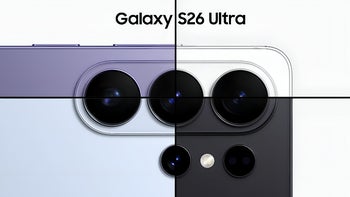
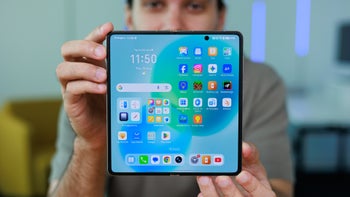




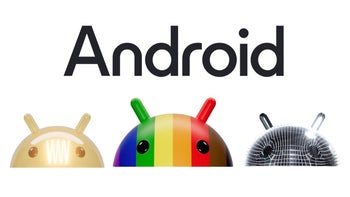
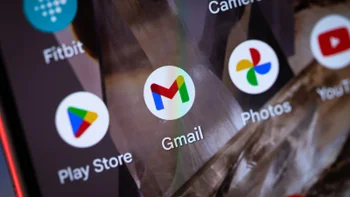
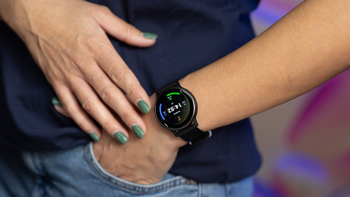
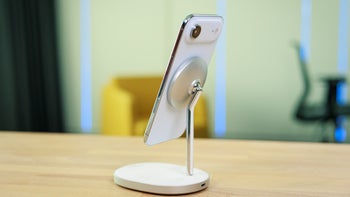
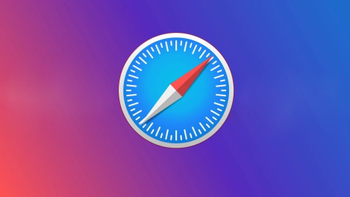

Things that are NOT allowed:
To help keep our community safe and free from spam, we apply temporary limits to newly created accounts: